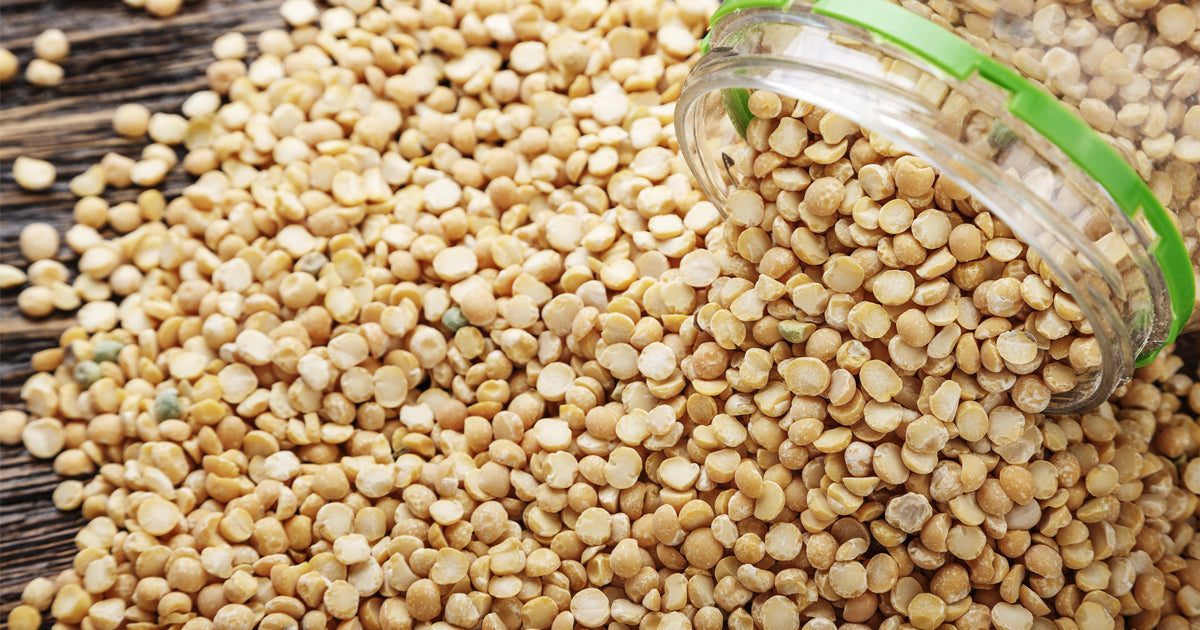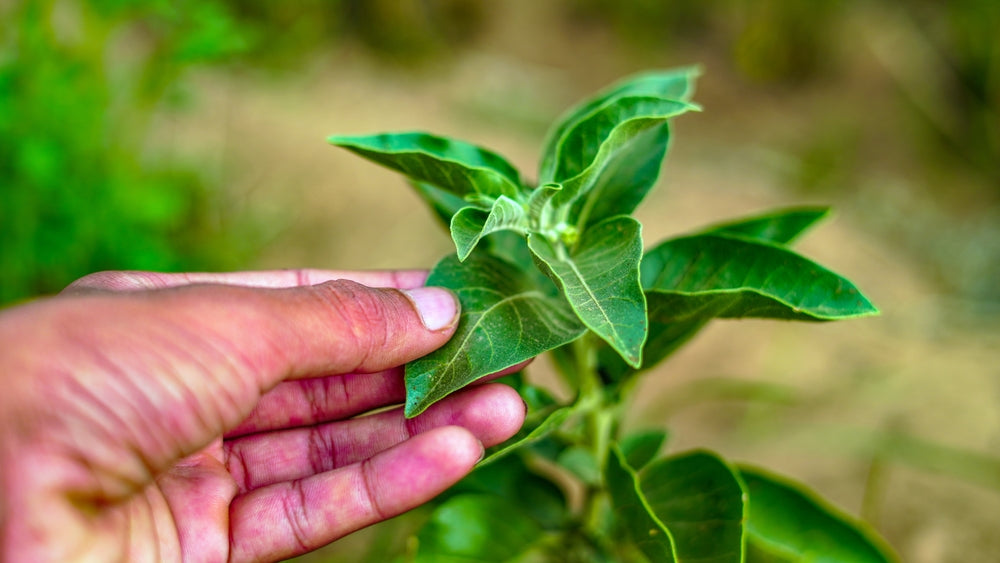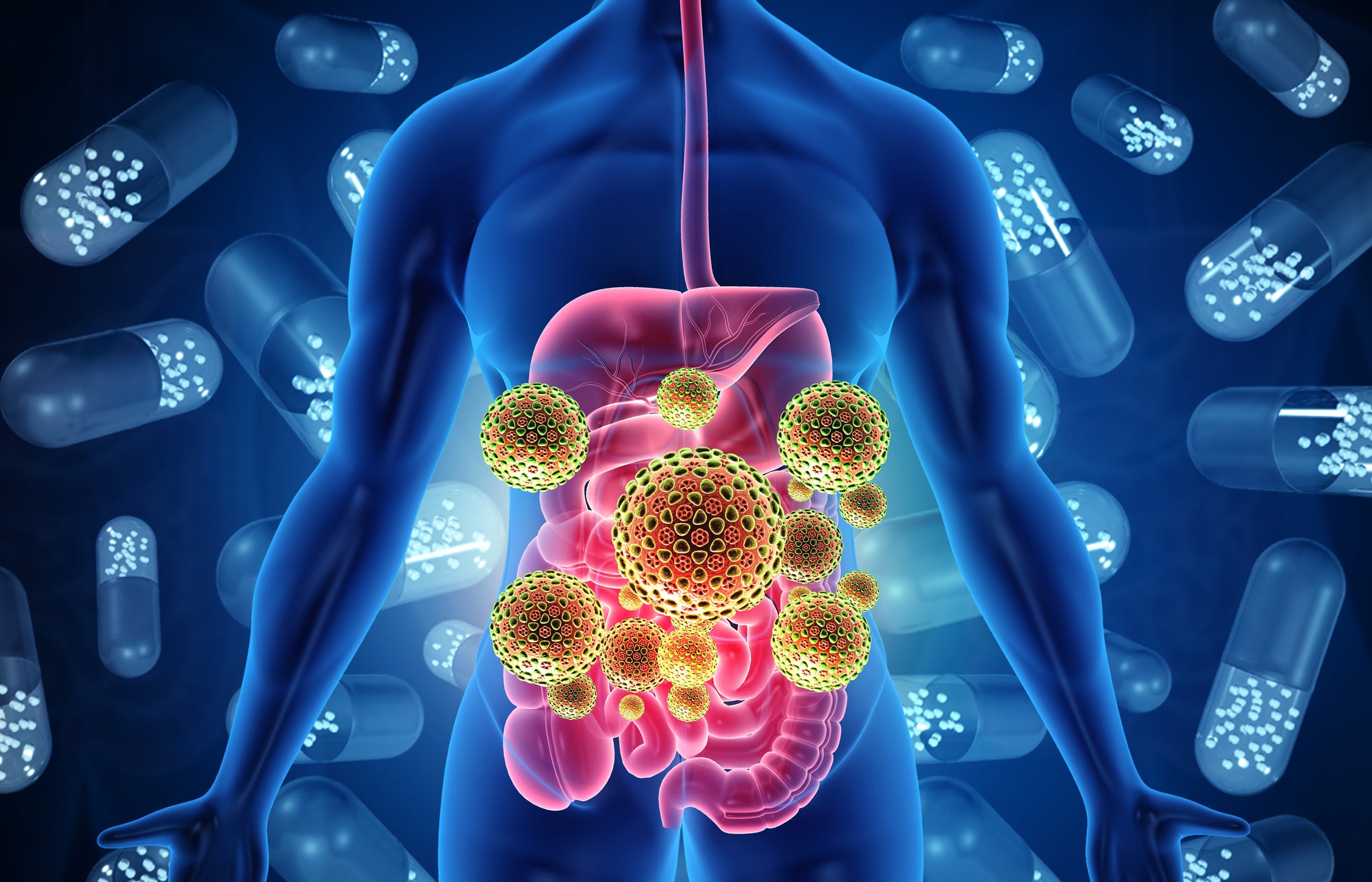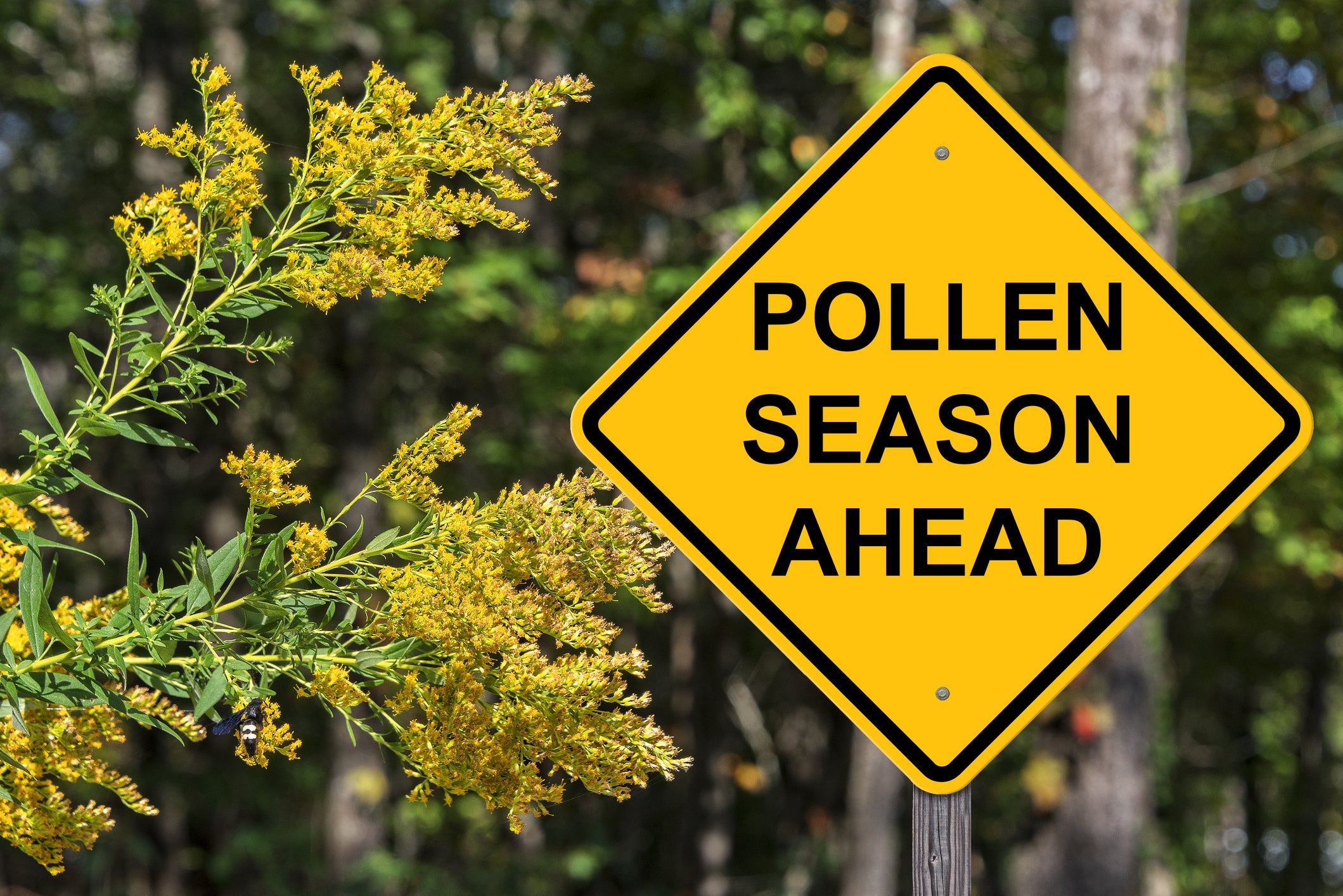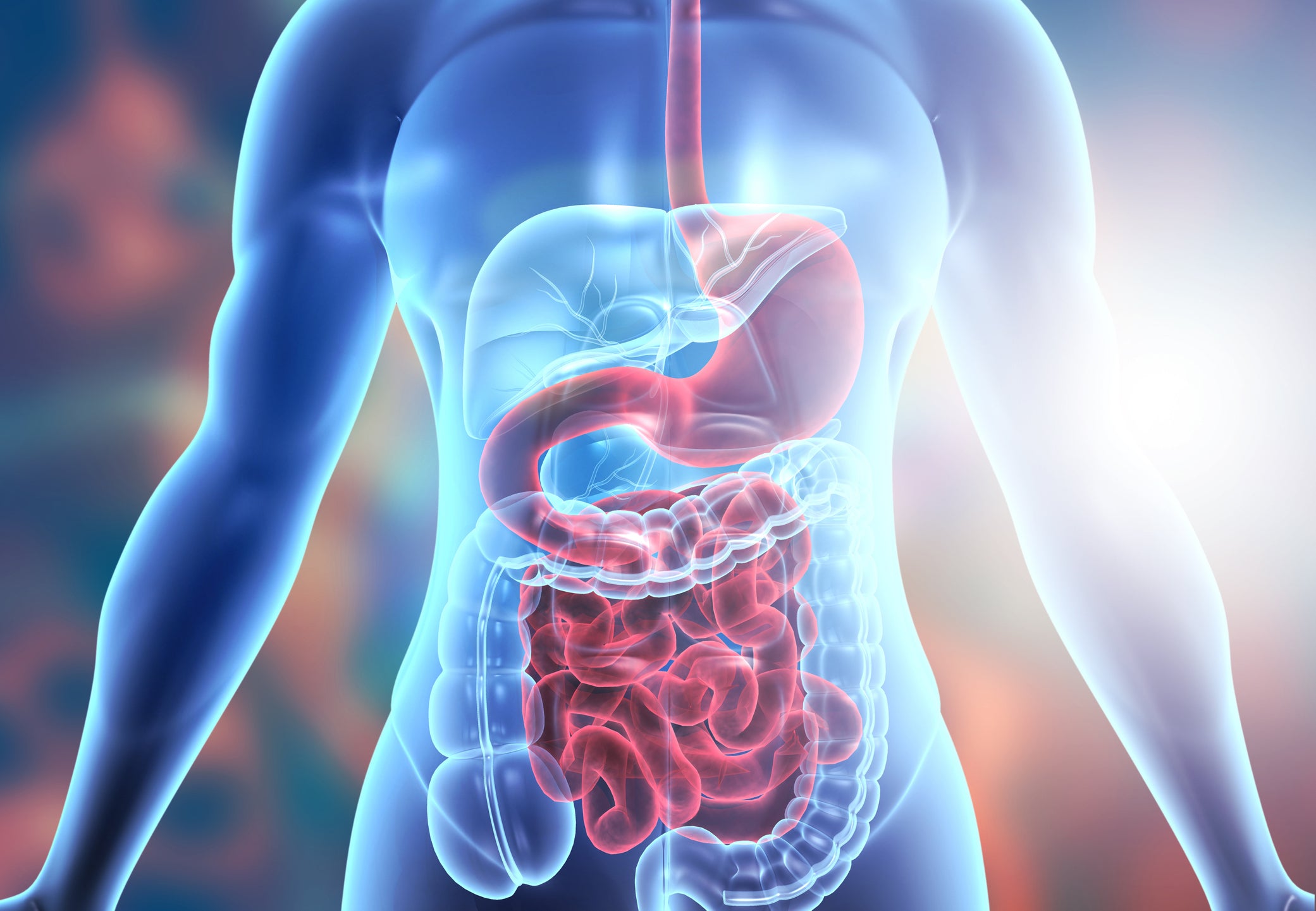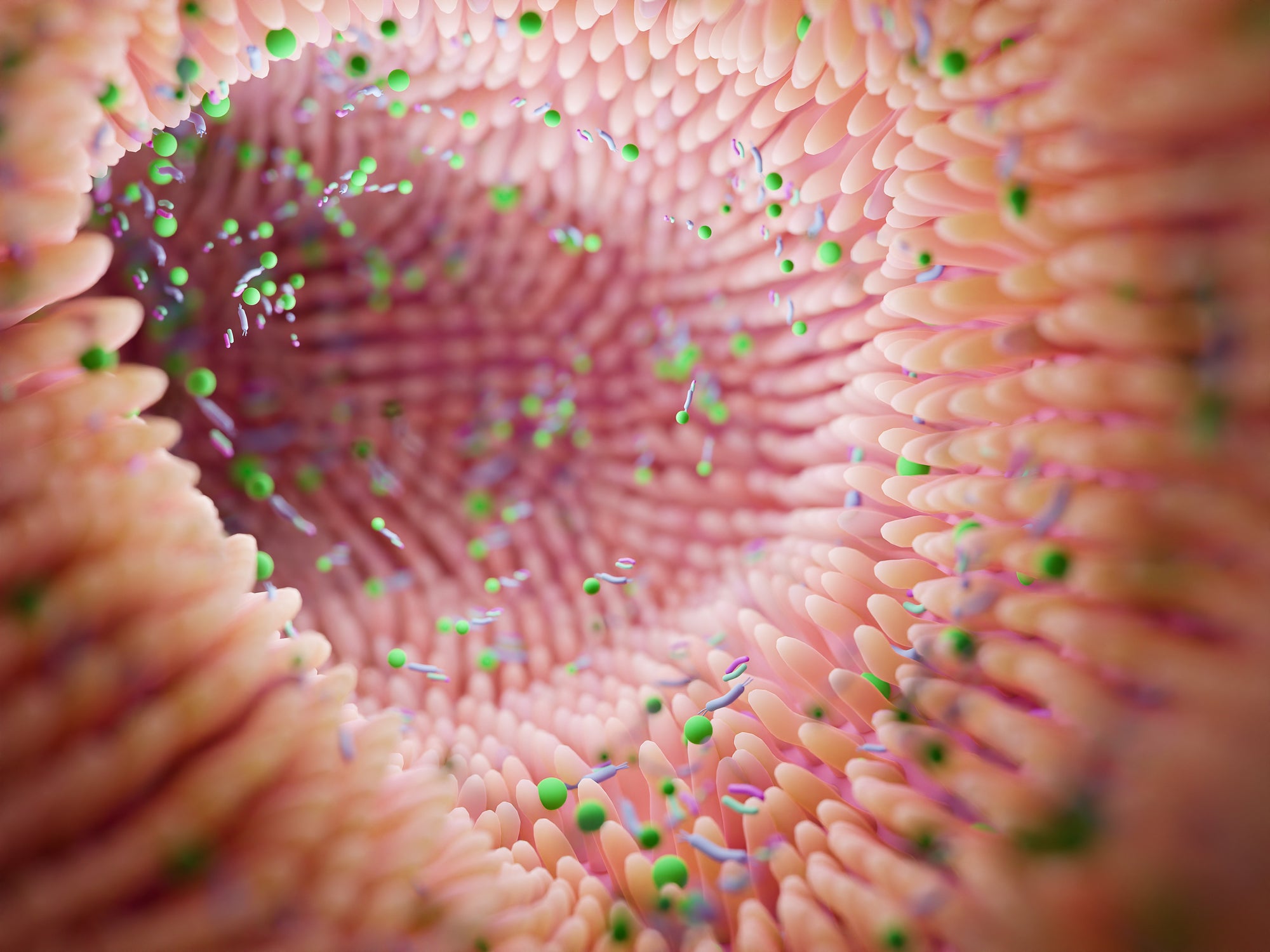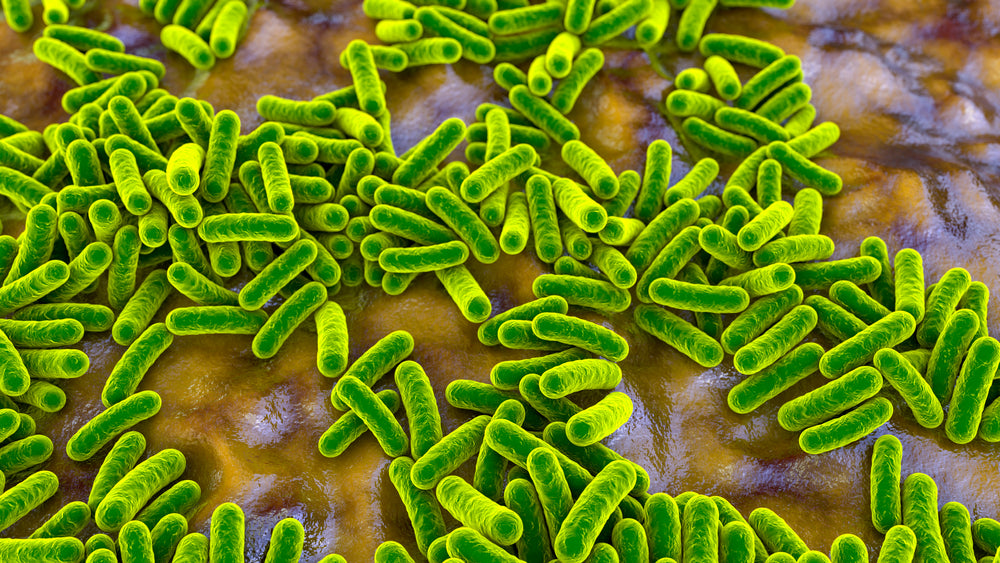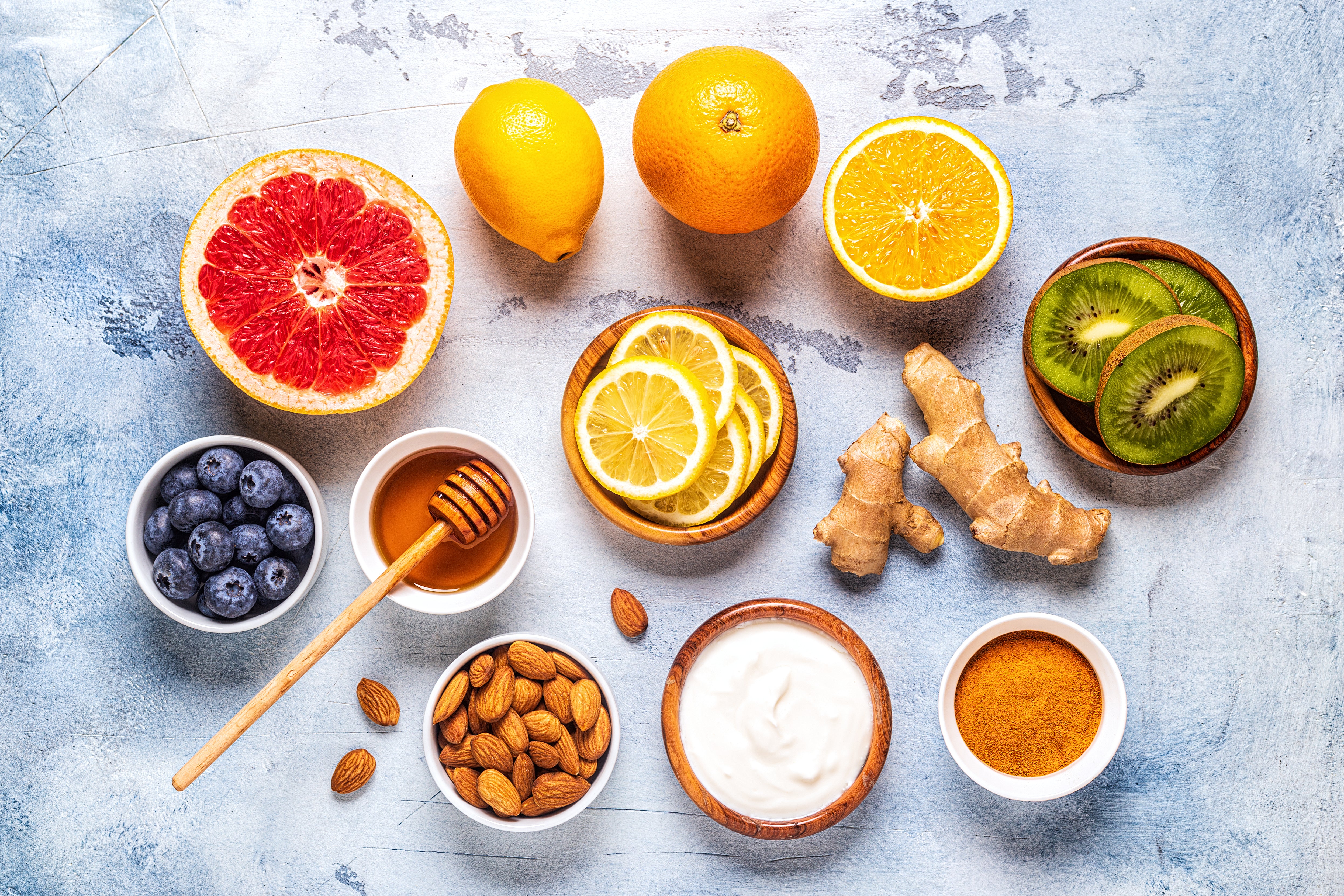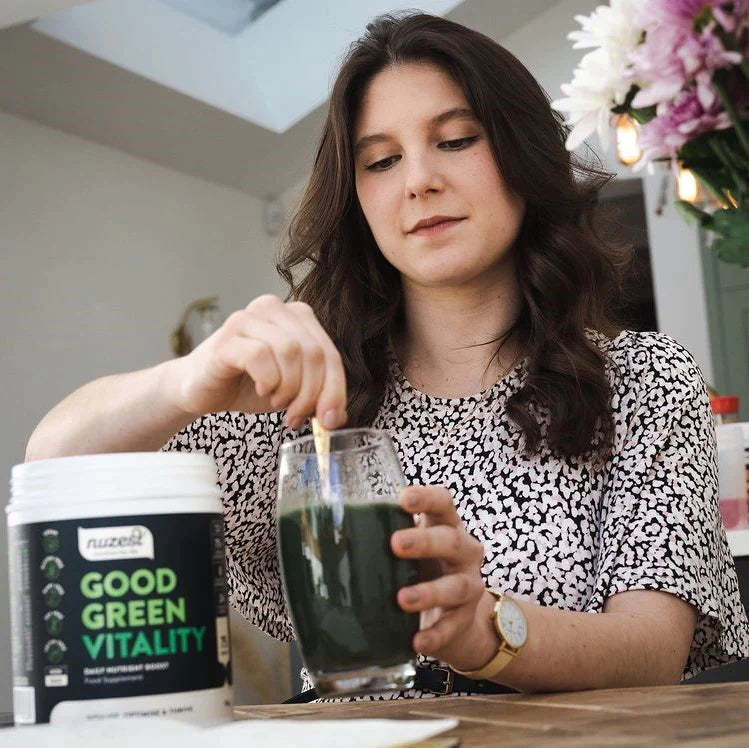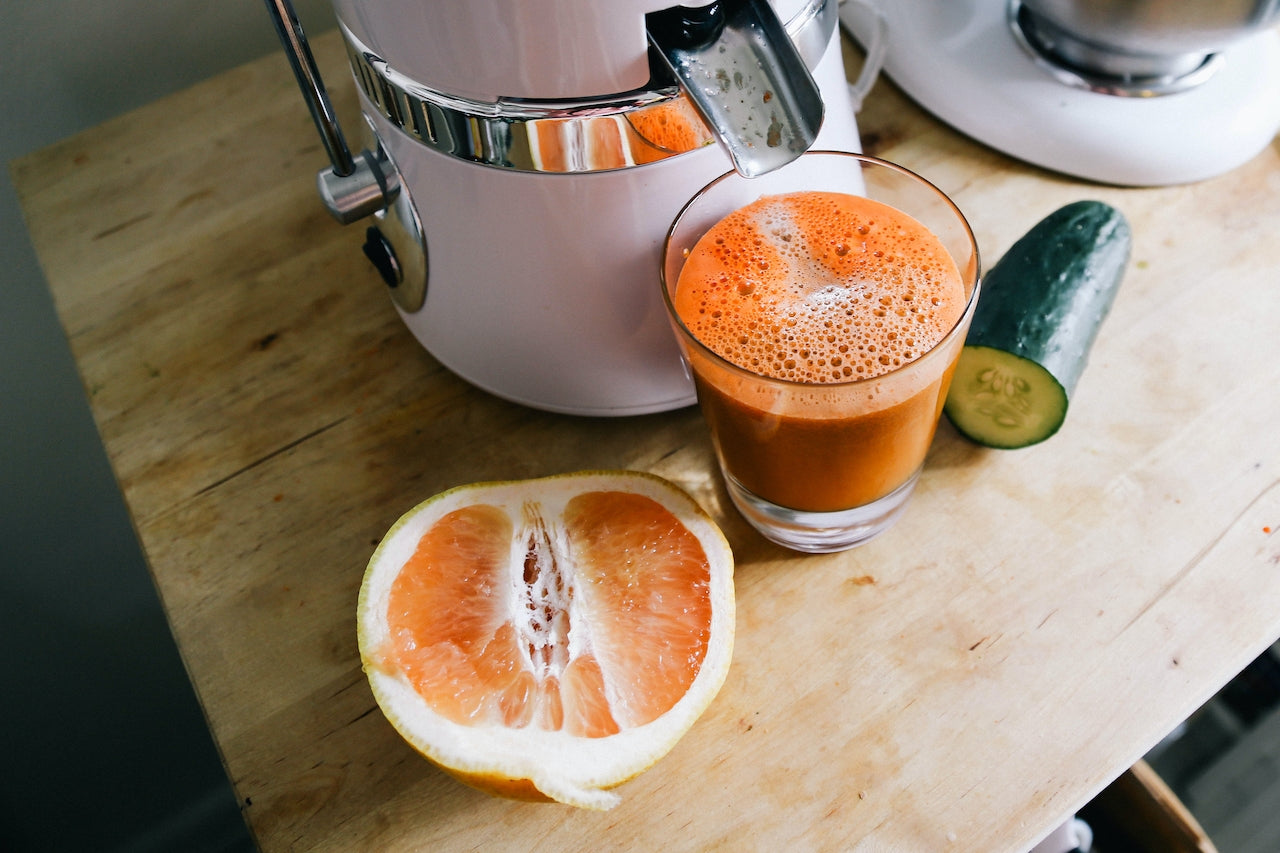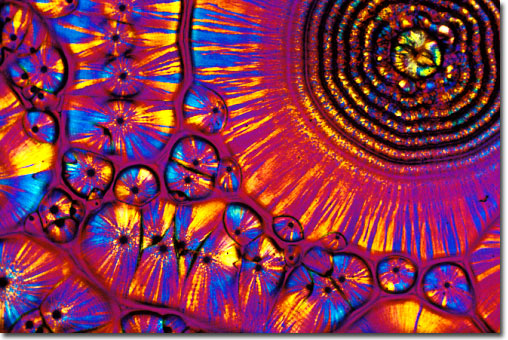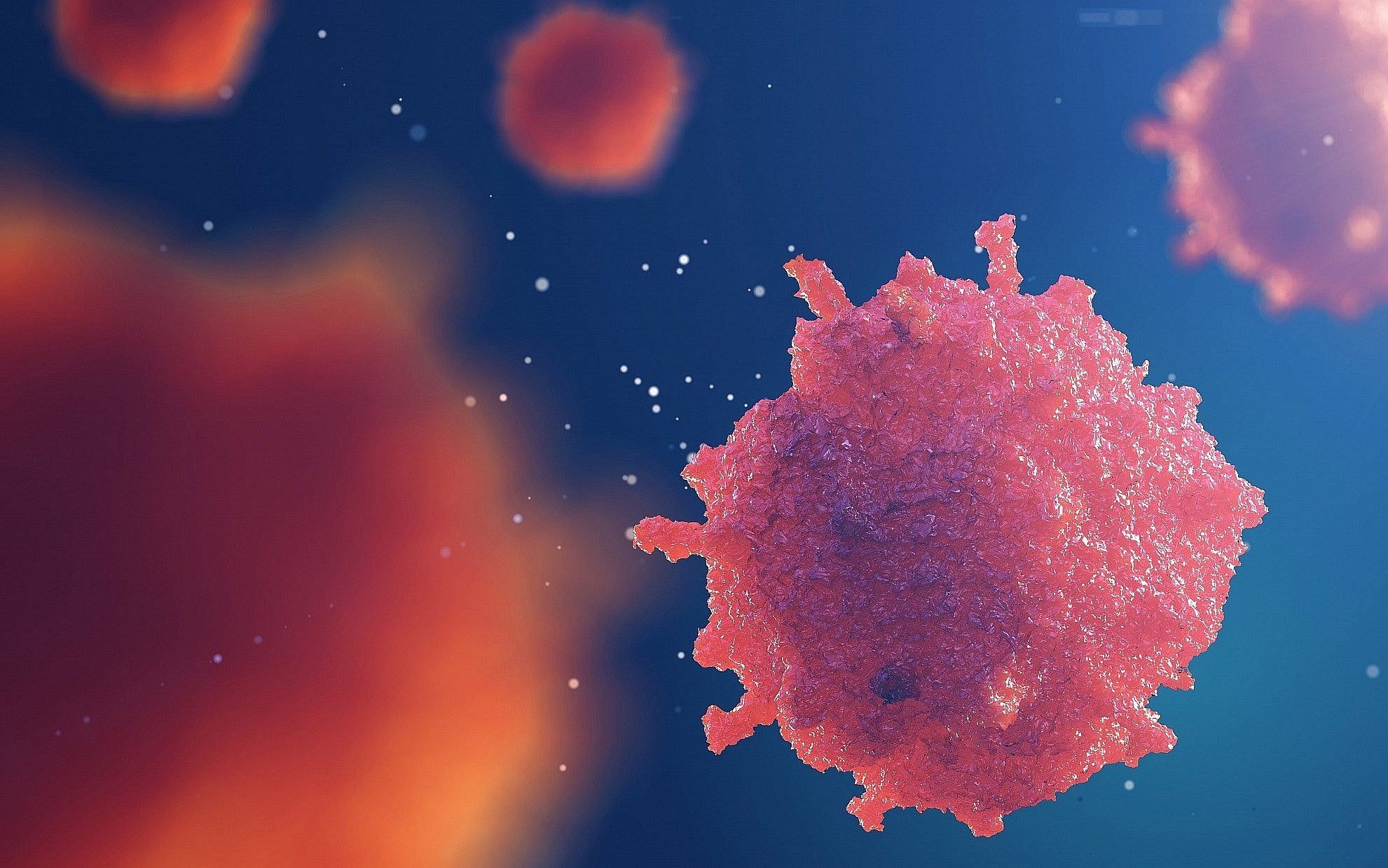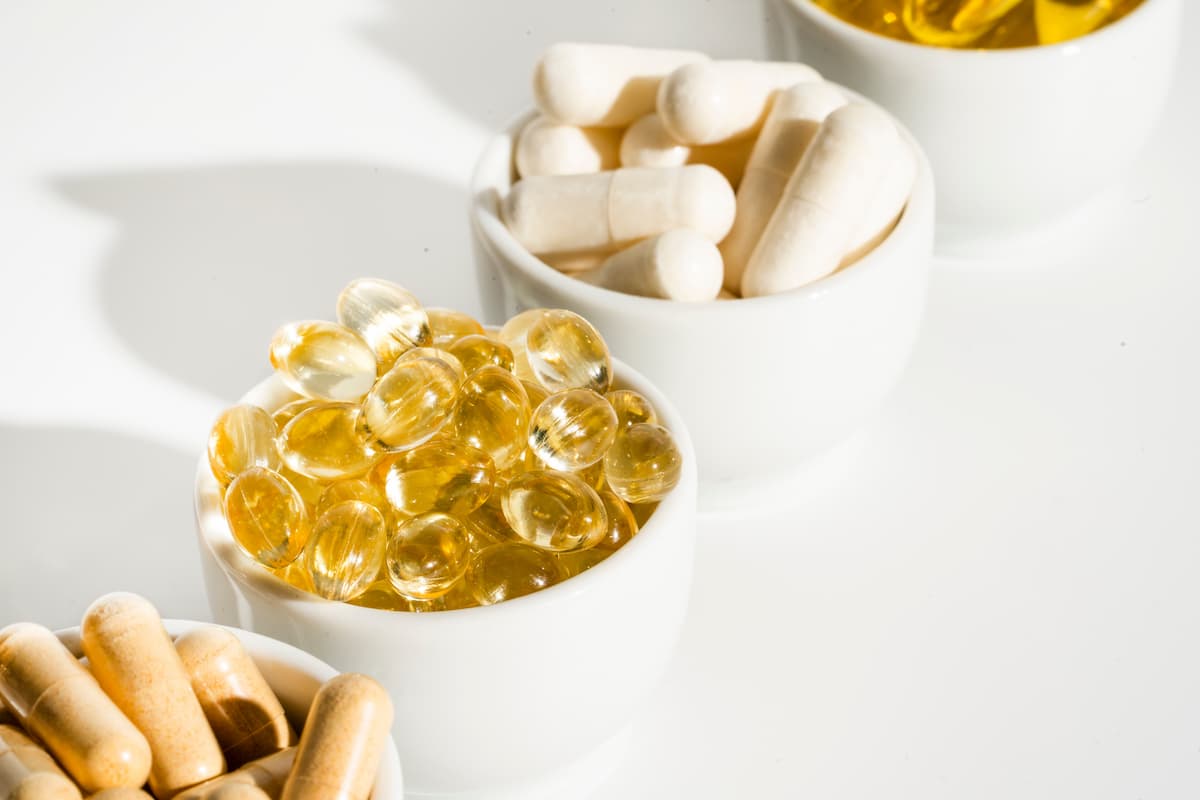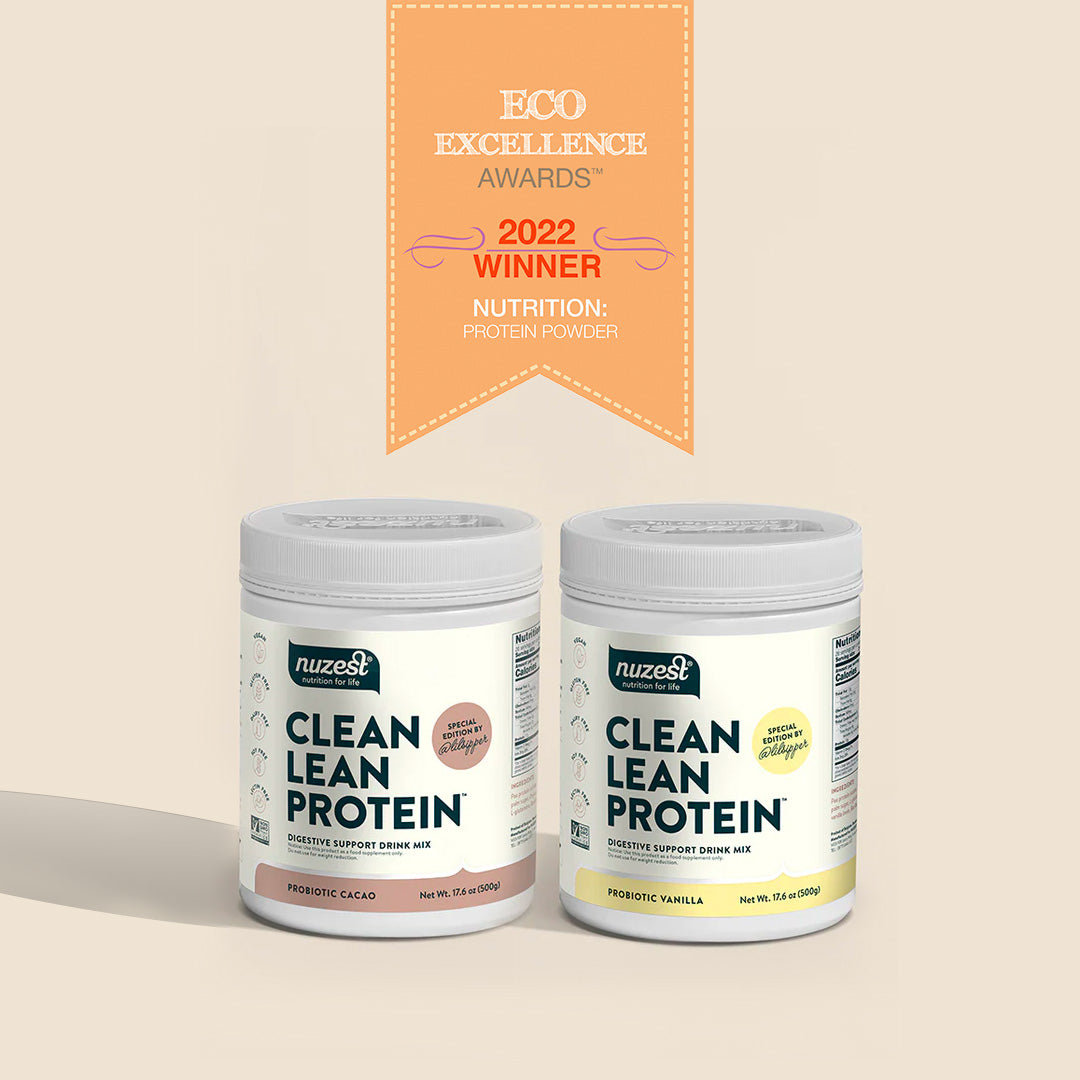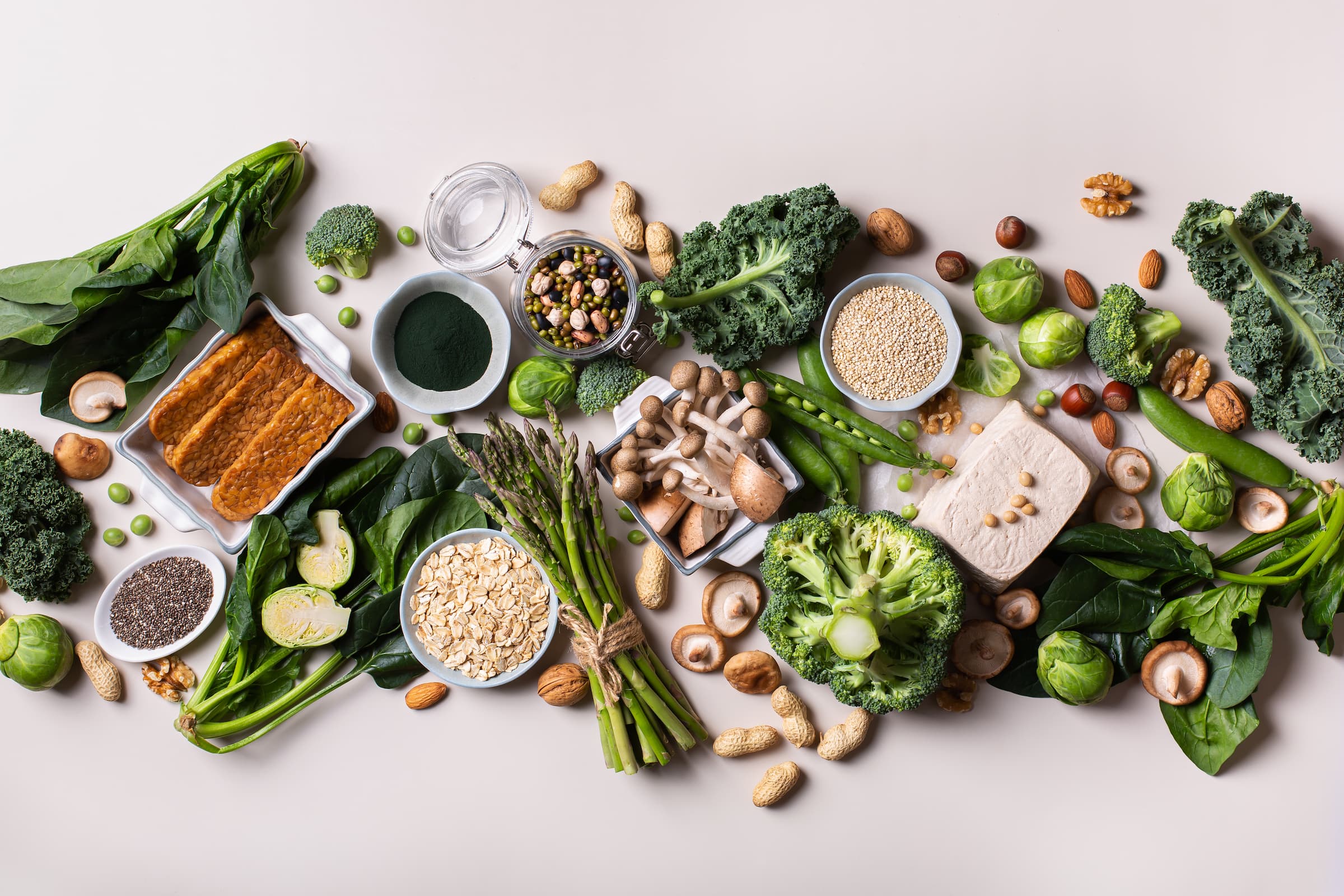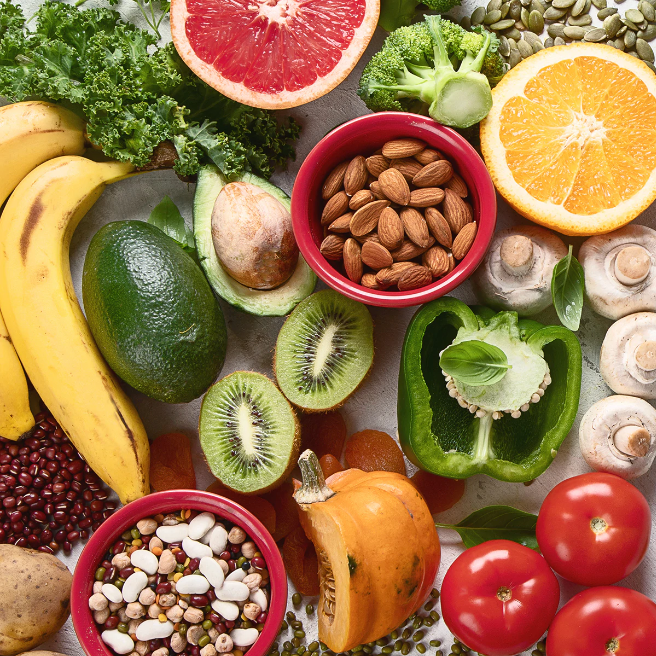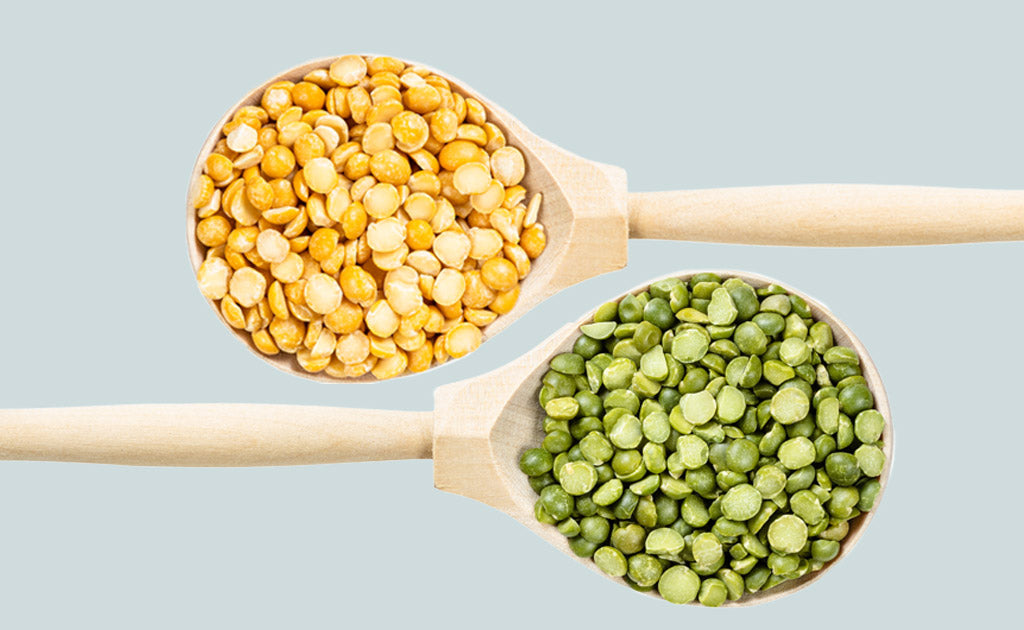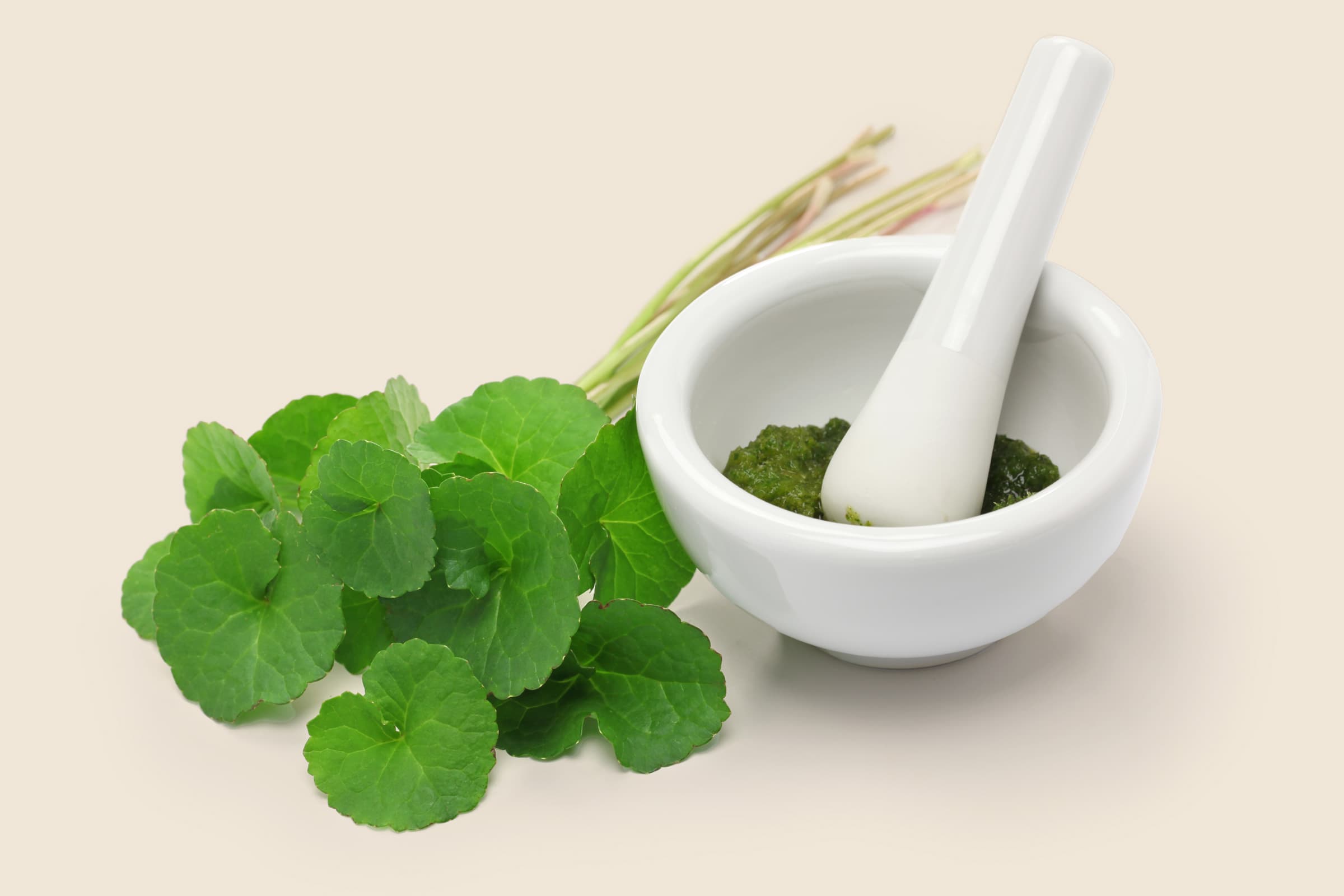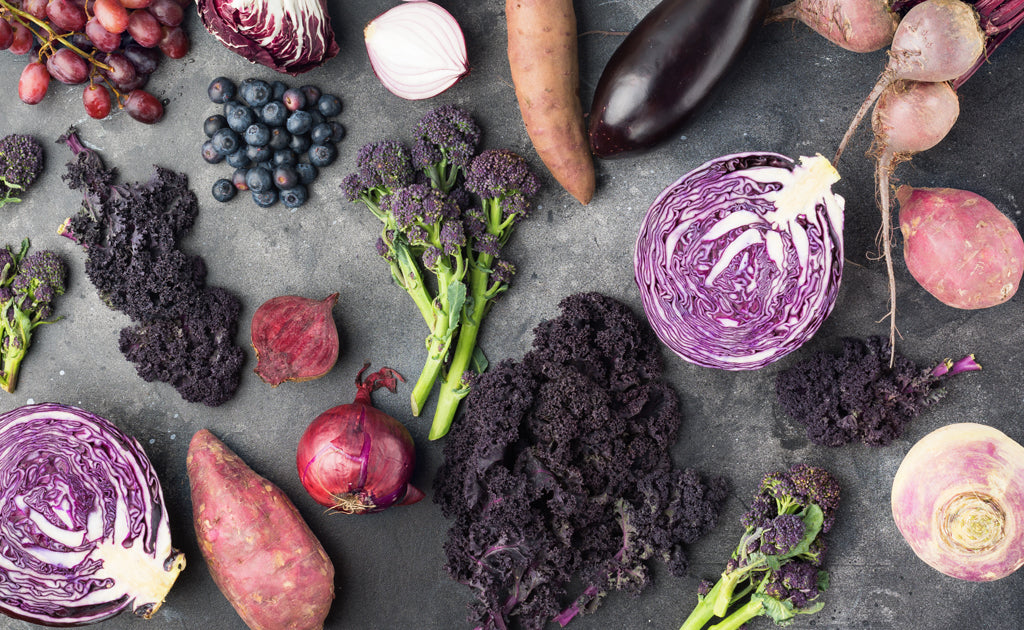Lately, more and more people are incorporating plant-based proteins into their diets, decreasing meat consumption, and adopting vegetarian and vegan lifestyles.
That said, many other people are still focused on consuming “high quality” meat products either for taste preferences, or because they believe them to be nutritionally superior.
So what’s the difference between plant protein and animal protein? Here's everything you need to know to make an informed decision for yourself.
Table of Contents
- Amino Acids and Protein In Plant Protein and Animal Protein
- Is Animal Protein Better Than Protein from Plants
- Animal Protein, Plant Protein, and Chronic Disease
- Proteins and The Environment: Is Meat Sustainable?
Amino Acids and Protein in Plant Protein and Animal Protein
Amino acids¹ are the building blocks of protein, and 20 amino acids are needed by the human body. Of the 20 amino acids, 9 are considered 'essential,' meaning they must be obtained through the diet. The other 11 amino acids can be synthesized in the body. Yes, you do need all 20 amino acids!
Animal proteins tend to deliver all of the amino acids you need in one food. But you don’t have to get all amino acids in one sitting to reap the benefits.
Is plant protein as complete as animal protein, nutrition-wise? For years, it was believed that plant proteins were somehow inferior to animal protein. It was widely believed that plant proteins could only be “incomplete” proteins—meaning they lacked one or more of the essential amino acids—and that in order to be “complete,” one would have to carefully construct meals to get a full range of amino acids. This is where the “you need to eat rice and beans together for complete protein” idea comes from.
While eating rice and beans together is certainly delicious, science has since debunked the myth that you need to consume all amino acids simultaneously to benefit from protein. It is now widely accepted that you can consume various forms of plant foods with different amino acid profiles separately (spaced out throughout the day, across a few days, etc.) and still get adequate use of dietary protein.
By eating a robust, varied diet full of different plant-proteins, you can get the full range of the amino acids that your body needs, even as a vegan. What is a plant protein supplement which has all 9 amino acids? Clean Lean Protein by Nuzest has a complete panel of amino acids.
What are some plant based proteins?
There are a number of plant proteins that can be considered complete, containing all nine of the essential amino acids. In addition to pea protein, these include quinoa, soy, and hemp. Other plant-based proteins that aren’t considered complete, but are still an excellent addition to any vegan or vegetarian diet, include rice and pumpkin seeds. Each of these protein sources differ, and including all on a regular basis can give you a nutrient-dense, nourishing vegan diet.
Quinoa Protein and Soy Protein
Quinoa, a seed, offers the same amino acid profile as pea protein, but it may have a higher concentration of tryptophan, responsible for helping the body create serotonin. However, some of its other nutrients can be diluted if eaten as a protein isolate, so it’s best to consume quinoa in whole-food form instead of as an ingredient in a nutritional supplement.
Soy, like pea protein, has between 17-22 grams of protein per serving. And while pea protein is known for its additional vitamins D, E, K, and A, soy is known for its isoflavones, associated with a lower risk of heart disease when eaten as part of a low-fat diet. When looking for soy protein, make sure it’s labeled Non-GMO, as most soy grown in the United States is genetically modified2.
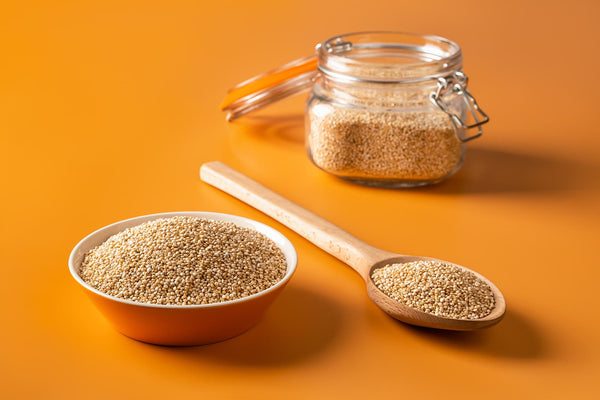
Hemp Protein, Rice Protein, Pumpkin Seed Protein, and Pea Protein
Hemp and pea protein differ mainly in their nutritional profiles, with hemp seeds having a high fiber content as well as zinc, iron, magnesium and heart-healthy omega-3 and omega-6 fatty acids. Pea protein, on the other hand, is an excellent source of branched-chain amino acids as well as valine, arginine, and leucine, all crucial to heart health and blood flow.
And while they don’t contain all nine essential amino acids, rice and pumpkin seeds have their own benefits: rice protein, like pea, has iron, while unlike pea protein, is a source of antioxidants, which can help protect cells from the damage of free radicals. And pumpkin seeds are anti-inflammatory in addition to being high in B and K vitamins, for supporting healthy energy levels.
Is Animal Protein Better than Protein from Plants?
Both animal and plant protein can supply the body with the essential amino acids it needs, as well as the full spectrum of vitamins and minerals. Both can provide more than enough protein, carbs and healthy fats to fuel the body properly. And diets high in plant protein have been linked to numerous benefits, including lower blood pressure (compared to those eating an animal protein diet)3 and a lowered risk of cancer, heart disease, and stroke4.
Bone Broth and Collagen
Popular animal protein sources, like whey protein and collagen, differ from a plant-based protein like pea protein in a number of key ways. Bone broth, for example, contains 2-3 times less protein per serving than pea protein and lacks four essential amino acids. And while collagen has been associated with improved skin and gut health, it also has less protein than pea protein and is missing tryptophan, an amino acid needed for serotonin conversion.

Whey Protein
Whey and casein protein, both derived from cow’s milk, are complete proteins, and, like pea protein, contain all nine essential amino acids. For those following an animal-based diet, casein protein is a good choice to take before bedtime, as it is time-released, while whey is more quickly absorbed by the body.
For many people however, both whey and casein can cause stomach upset and discomfort, as around 30 million Americans are lactose intolerant to some degree5. While it ultimately comes down to preferences, animal protein isn’t superior to protein derived from plants, and for those sensitive to dairy or meat, plant protein may be the preferable choice.
Animal Protein, Plant Protein, and Chronic Disease
The World Health Organization (WHO)6 currently classifies red meat as a Group 2A carcinogen, meaning that it is probably carcinogenic to humans (as in they believe red meat might cause cancer), based on limited evidence from epidemiological studies and associations between red meat consumption and the development of certain cancers, including colon cancer.
Processed meat7 is classified as a Group 1 carcinogen, meaning it is cancer-causing to humans based on sufficient human data. Limiting intake of red and processed meat could be beneficial in lowering cancer risks.
Furthermore, epidemiological studies of different dietary patterns have shown that vegetarian and vegan diets are usually protective8 in terms of cancer risk, and that fruit and vegetable consumption9 could be associated with lower risk of cancer.
Learn more about our delicious plant-based protein powder! Visit our Clean Lean Protein page for uses, customer reviews, and nutrition information.
Plant foods often contain free-radical quenching antioxidants, which can help protect your body from harmful oxidative reactions, and are often rich in good-for-you fiber.
Other large observational studies have linked10 red meat consumption with cardiovascular disease and processed meat with increased risk of cardiovascular-related deaths, as well as increased risk of Type 2 Diabetes11.
The amount of red and processed meat you consume makes a difference. You don’t have to go fully vegan in order to benefit from plant-based foods. Just cutting back on animal proteins may make a positive difference, especially if you replace meat with nutrient-rich plant foods such as legumes, nuts, beans, whole grains, fruits, and vegetables.
Proteins and The Environment: Is Meat Sustainable?
Meat is notorious for having a large carbon footprint. Producing just one kilogram of beef12 (or 2.2 pounds) emits a hefty 26 kilograms of carbon dioxide. Lamb emits even more carbon dioxide: roughly 39 kilograms of CO2 per kilogram of meat. Furthermore, livestock emit methane (another greenhouse gas) from burps, farts, and poop.
To complicate things further, grass-fed meats tend to emit even more greenhouse gases compared to factory-farmed meats as they lack comparable efficiency in terms of land-use and resources.
Plant proteins typically produce far fewer carbon emissions. For example, a kilogram of lentils emits 0.7. kilograms of carbon dioxide (CO2), a strikingly lesser amount than livestock production. They also tend to have a much smaller water footprint, making them an overall more sustainable food choice.
Even if you’re a fan of meat, swapping some animal protein for plant-based protein may be not only beneficial for your health, but it can help you shrink your carbon footprint, and it’s better for the environment. To add more plant-based protein to your diet, check out Clean Lean Protein or other products in the Nuzest lineup.
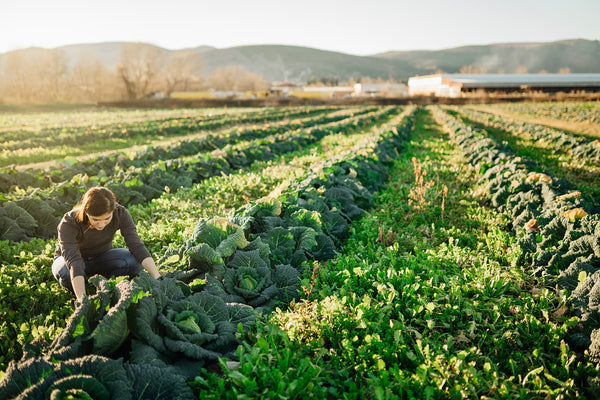
References
- https://www.ncbi.nlm.nih.gov/books/NBK234922/
- https://www.fda.gov/food/agricultural-biotechnology/gmo-crops-animal-food-and-beyond#:~:text=Soybean%3A,livestock%2C%20and%20making%20soybean%20oil.
- https://pubmed.ncbi.nlm.nih.gov/32486102/
- https://pubmed.ncbi.nlm.nih.gov/33951994/
- https://medlineplus.gov/ency/article/000276.htm#:~:text=About%2030%20million%20American%20adults,as%20early%20as%20age%202.
- http://www.who.int/features/qa/cancer-red-meat/en/
- http://www.who.int/features/qa/cancer-red-meat/en/
- https://pdfs.semanticscholar.org/bcbf/c80844b7e61b2ae805ef9a37fb15e36e6ccd.pdf
- https://pdfs.semanticscholar.org/bcbf/c80844b7e61b2ae805ef9a37fb15e36e6ccd.pdf
- https://www.hsph.harvard.edu/nutritionsource/what-should-you-eat/protein/
- https://www.ncbi.nlm.nih.gov/pubmed/21831992
- https://www.nrdc.org/sites/default/files/less-beef-less-carbon-ip.pdf
